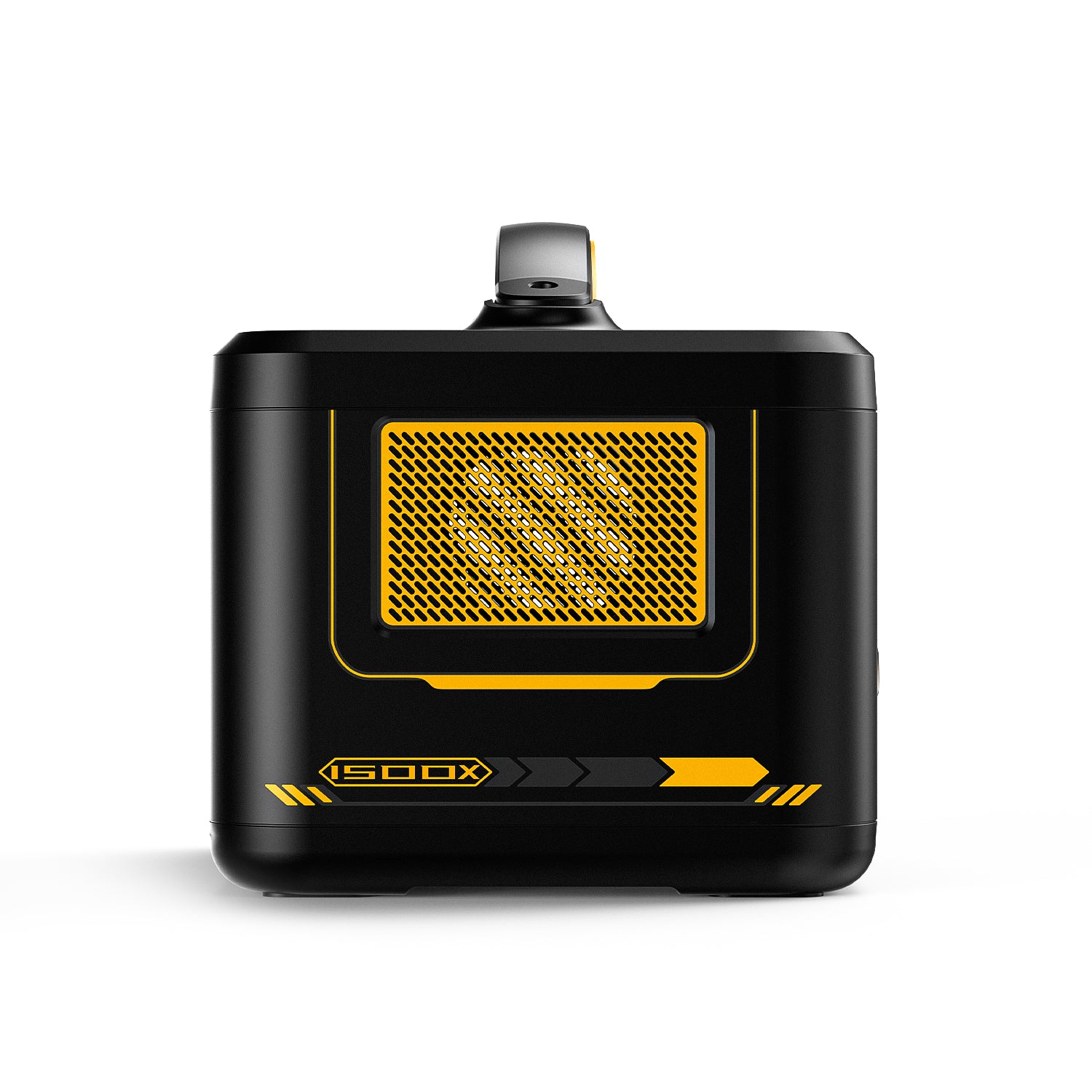<!DOCTYPE html>
Camping Generator
When it comes to enjoying the great outdoors, having a reliable source of power can make all the difference. That's where camping generators come in. These portable devices provide electricity to power your camping essentials, from lighting and cooking appliances to charging your electronic devices. In this article, we will explore some essential tips for properly using camping generators to ensure a safe and enjoyable outdoor experience.

Choosing the Right Generator
Before embarking on your camping adventure, it's important to choose the right camping generator for your needs. Consider factors such as the power output, fuel type, noise level, and portability. A generator with sufficient power output will ensure that you can run all your necessary appliances without overloading the system. Additionally, opt for a fuel type that is readily available and convenient for your camping location. Noise level is also crucial, as you don't want to disturb the tranquility of the outdoors or your fellow campers. Lastly, choose a generator that is lightweight and easy to transport, especially if you plan on hiking or backpacking to your camping spot.
Proper Placement and Ventilation
Once you have chosen the right camping generator, it's important to properly place and ventilate it. Generators produce carbon monoxide, a colorless and odorless gas that can be deadly if inhaled in high concentrations. Therefore, always place your generator outside, at least 20 feet away from your camping area, and ensure that it is positioned on a stable and level surface. This will prevent any accidental tipping or damage. Additionally, make sure the generator is properly ventilated to allow for the safe dispersal of exhaust fumes. Avoid placing it near windows, doors, or vents that could allow the fumes to enter your camping area.
Safe Fuel Handling
When it comes to fuel handling, safety should be your top priority. Always turn off the generator and allow it to cool down before refueling. This will prevent any accidental fires or burns. Use a funnel to pour the fuel into the generator's tank, taking care not to spill any fuel on the generator or surrounding area. Store any extra fuel in approved containers away from the generator and camping area. It's also important to remember that different generators require different types of fuel, so always check the manufacturer's instructions for the correct fuel to use.
Maintenance and Storage
Proper maintenance and storage of your camping generator are essential for its longevity and optimal performance. Regularly check the oil level and change it as recommended by the manufacturer. Clean or replace the air filter as needed to ensure proper airflow. Inspect the spark plug and replace it if necessary. When storing the generator, drain the fuel and run it until it is completely empty to prevent any fuel residue from causing damage. Store the generator in a cool and dry place, away from any flammable materials.
By following these essential tips for properly using camping generators, you can ensure a safe and enjoyable outdoor experience. Remember to always prioritize safety, choose the right generator for your needs, properly place and ventilate it, handle fuel with care, and maintain and store it correctly. Now, you're ready to embark on your next camping adventure with the peace of mind that you have a reliable source of power to keep you comfortable and connected to the great outdoors.